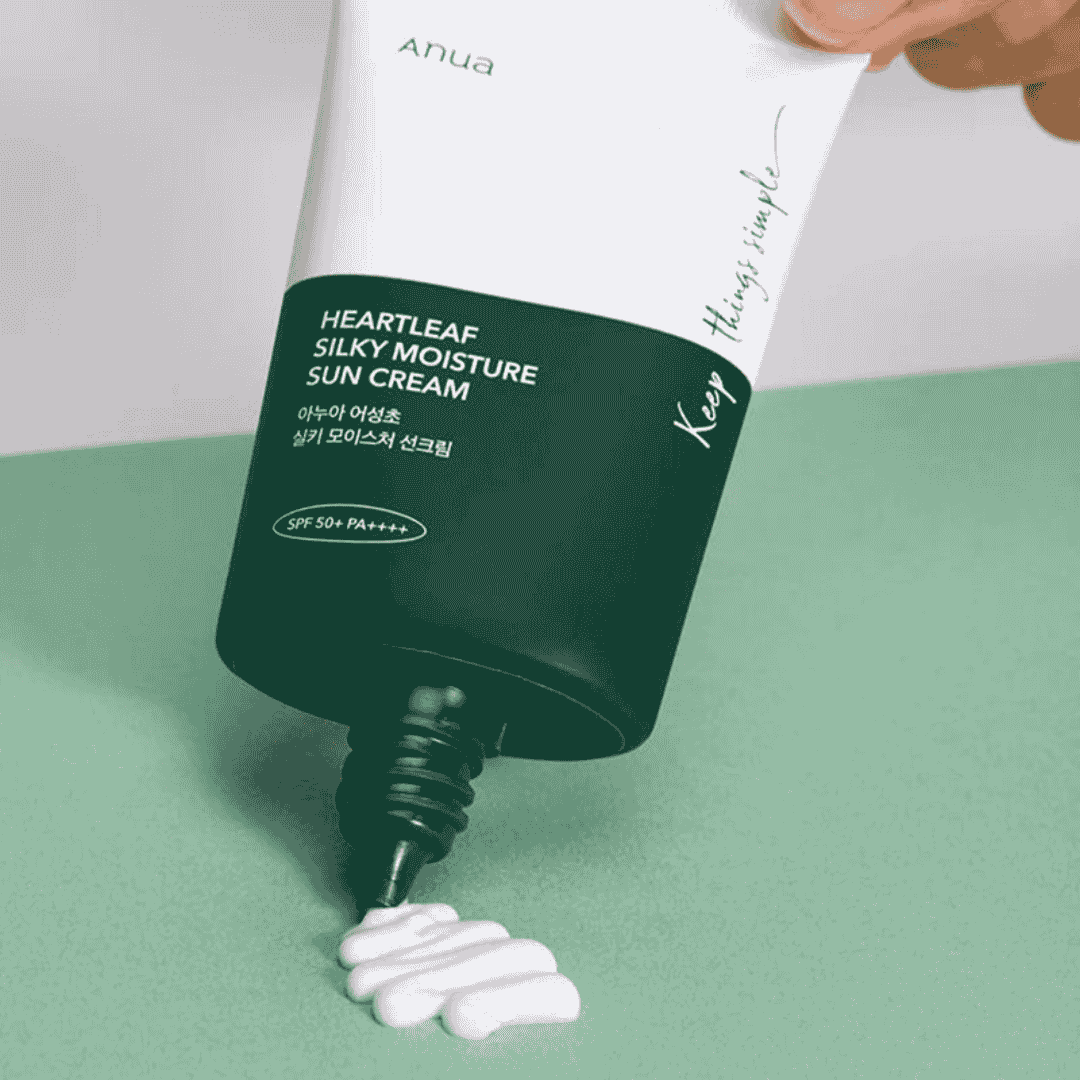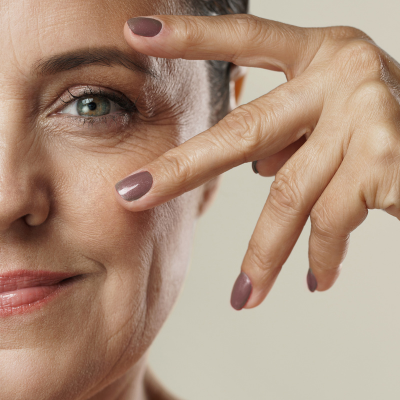As a skin therapist, I often get asked: "What can I eat to improve my skin?" Often, the emphasis is on external skin care, such as creams, serums and masks. But what many people don't know is that nutrition plays a huge role in the health and appearance of your skin. Your skin is the largest organ in your body and needs the right nutrients to function optimally. In this blog, I share which nutrients are essential for your skin and how you can incorporate them into your daily diet for a radiant skin.
Antioxidants: the protectors of your skin
Antioxidants help protect your skin from harmful external influences, such as free radicals, which are caused by exposure to sunlight and pollution. Free radicals can damage skin cells and cause premature aging.
Vitamin C is a powerful antioxidant that helps the skin repair damage and promotes collagen production, which gives the skin firmness and elasticity. You can find vitamin C in citrus fruits such as oranges, lemons, grapefruit, but also in bell peppers, broccoli and strawberries.
Vitamin E is another important antioxidant that protects the skin from sun damage and pollution. It supports the skin barrier and hydrates the skin. You can find vitamin E in nuts, seeds, avocados and vegetable oils.
Omega-3 Fatty Acids: Food for Hydrated Skin
Omega-3 fatty acids play a crucial role in maintaining a healthy skin barrier. They help keep skin hydrated and can reduce inflammation, which is particularly beneficial for those with sensitive skin or skin conditions such as acne and eczema.
Omega-3 fatty acids are mainly found in oily fish, such as salmon, mackerel and herring. Plant sources of omega-3 include chia seeds, flax seeds, walnuts and hemp seeds.
Vitamin A: essential for cell renewal
Vitamin A, also known as retinol, is essential for the repair and renewal of skin cells. It helps keep skin healthy by promoting cell renewal and regulating keratinization, resulting in smooth and clear skin.
You can find vitamin A in sweet potatoes, carrots, dark green leafy vegetables like spinach and kale, and yellow vegetables like corn and squash.
Zinc: for oily and impure skin
Zinc is a mineral that helps repair skin and promote healthy sebum production. It can also reduce inflammation and speed up wound healing, making it especially helpful for those with acne or other skin irritations.
Zinc is found in foods such as oysters, beef, pumpkin seeds, cashews, and lentils.
Water: the basis of healthy skin
Hydration is key to healthy skin. If you don’t drink enough water, your skin can look dry, dull and tired. Water helps skin cells renew themselves and ensures that your skin can optimally absorb all the nutrients it needs.
It is recommended to drink 1.5 to 2 liters of water daily, but this can vary depending on your activity level and environment. Remember that you can also get fluids from foods such as cucumber, watermelon, and tomatoes.
Polyphenols: the natural protectors
Polyphenols are powerful antioxidants that help reduce damage from UV rays and pollution. They help reduce inflammation and promote healthy blood circulation in the skin, which gives a fresh complexion.
Polyphenols are found in foods such as green tea, berries, chocolate (dark chocolate with a high cocoa content), and nuts.
Probiotics: for a healthy microbiota
The health of your skin is closely linked to the health of your gut flora. Probiotics help maintain a healthy balance of good bacteria in your gut, which can translate to healthier skin. Probiotics can help reduce inflammation, which is important for skin conditions like acne and eczema.
Probiotics are found in fermented foods such as yogurt, kefir, sauerkraut, kimchi and miso.
Finally, combine nutrition with good skin care
While diet plays a huge role in the health of your skin, it is important to emphasize that it is not a substitute for a good skincare routine. A daily routine that cleanses, moisturizes, and protects your skin from UV rays is essential for maintaining healthy skin.
By combining a balanced diet with the right skin care products, you can improve the health and appearance of your skin. Remember, healthy skin starts from within!















